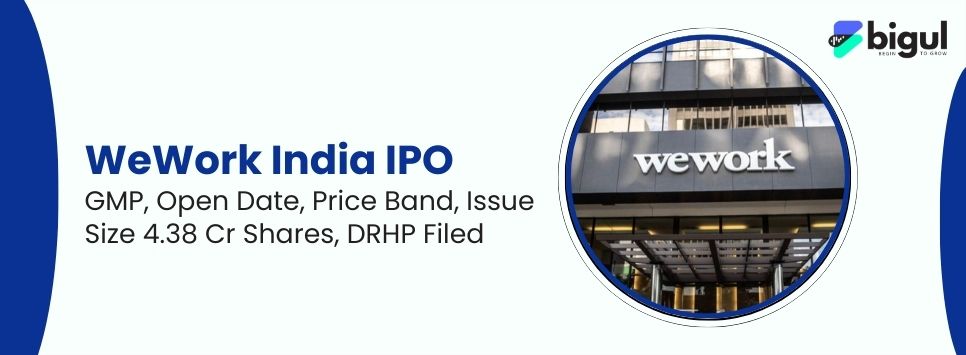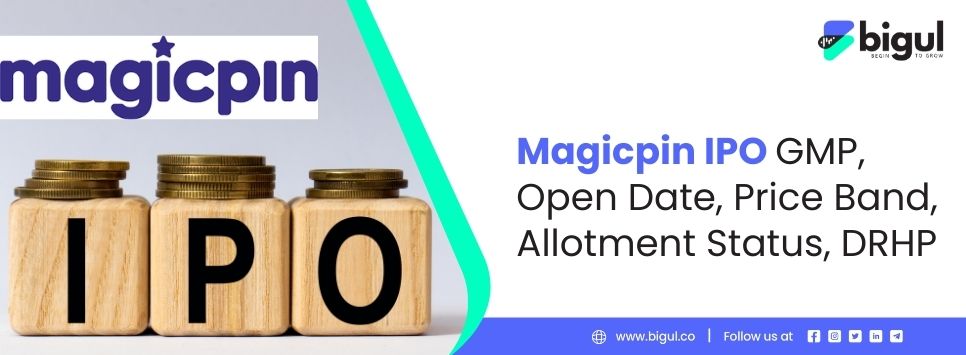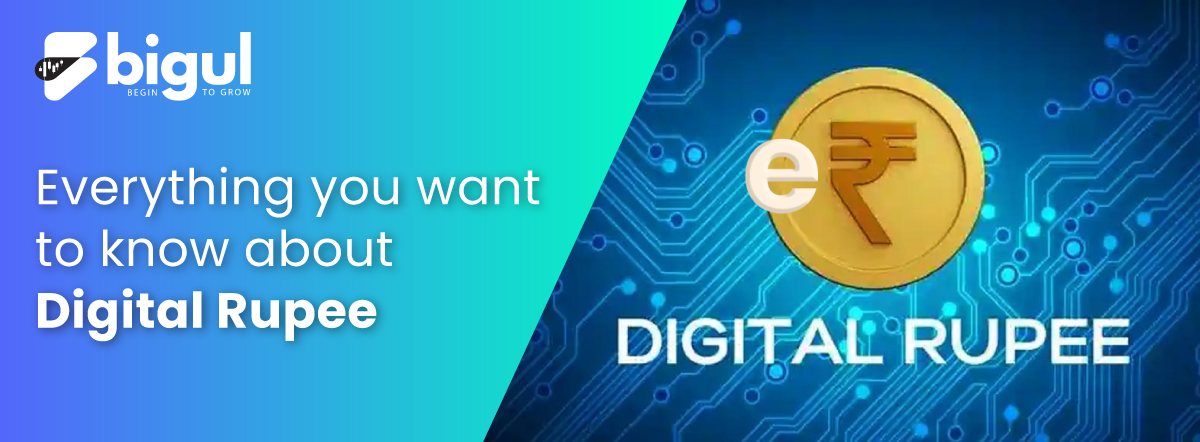World is in the phase of innovation where countries are struggling to tackle soaring economic issues while on the flip side lot of developments have been made in the financial world. In the same way, RBI has launched a pilot project on the digital rupee in India which is an electronic form of money, that can be used in contactless transactions. This project will see several bank including State Bank of India, Bank of Baroda, HDFC Bank, Yes Bank, Kotak Mahindra Bank, and ICICI Bank settling the secondary market transactions in government securities.
Finance Minister Nirmala Sitharaman announced that the Reserve Bank of India would be rolling out its digital currency soon while presenting Union Budget 2022. The digital rupee, also known as Central Bank Digital Currency (CBDC), is a digital form of currency notes issued by a central bank. While there is a lot of talk on the town about how digital currency will be generated and if it would have any impact on physical currency. Let us see some highlights of this concept below:
*CBDC (Digital Rupee) can be classified into two types:*
- Retail (CBDC-R): Retail CBDC would be potentially available for use by all.
- Wholesale (CBDC-W) is designed for restricted access to select financial institutions.
*What are the benefits of the Digital Rupee:*
- It helps in reducing the cost for the government
- Convenient for governments to access all transactions happening within the authorized networks.
- Government will have better control over how money leaves and enters the country.
- No physical damage, torn or burns may occur to the currency
- Loss due to theft will become extinct.
*Is the crypto and digital currency the same?*
A cryptocurrency is a decentralized digital asset based on blockchain technology and is operated without any intermediaries. Central banks worldwide have closely monitored the developments in virtual and cryptocurrency for many years before developing plans to issue sovereign digital currency.
On the contrary, according to the RBI, “a CBDC is a legal tender issued by a central bank in a digital form. It is the same as a fiat currency and is exchangeable one-to-one with the fiat currency. Only its form is different.”
Central Bank Digital Currency (CBDC) issued by the Reserve Bank of India (RBI) will be a legal tender in a digital form. The digital rupee will be different from Bitcoin, Ethereum, and other cryptocurrencies in the sense it will be backed by the government.
*UPI transactions and Digital currency have their own image:*
The transactions made via UPI and IMPS require that every rupee transferred by this mode is backed by physical currency or on the settlement of the transacting banks. There is no need for any bank account in the case of digital currency like UPI payment which needs a bank account to link. The only negative factor for retailers would be that, unlike transactions that are cash-settled, the central bank or RBI will have oversight and control of financial transactions. those without bank accounts can avail advantage of financial services via a digital currency wallet. Thereby unbanked households could be financially included.
*New innovation with a government-backed and legality:*
The launch of the central bank digital currency (CBDC), which started on the wholesale front between a limited set of banks on Tuesday, is expected to be open for the retail side this month itself as per RBI governor Shaktikanta Das. This will be a new experience for the retail users and the best part is that it will have a proper legal backup followed by governed by proper laws as well.
To conclude, it would be a welcome step from the central bank RBI to launch the digital currency to go one step ahead to achieve the target of the Digital India mission. The transactions will now become more transparent and will also be well-regulated by the banking system. By introducing the digital rupee, the RBI expects to address problems associated with existing physical currencies and cross-border transactions. In India, cash placement and tracking the same is a challenge. CBDC can address anonymity and resolve it in a non-intimidatory way and reduce the demand for cash.







.jpg)
.jpg)
